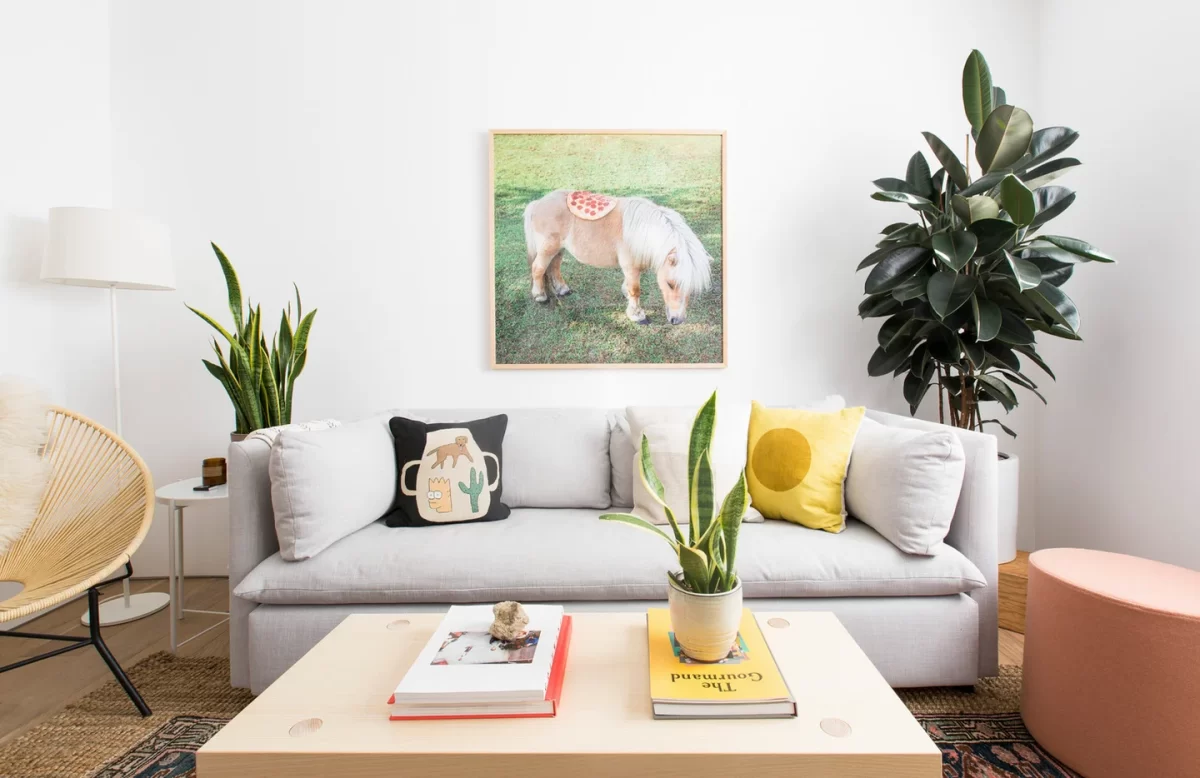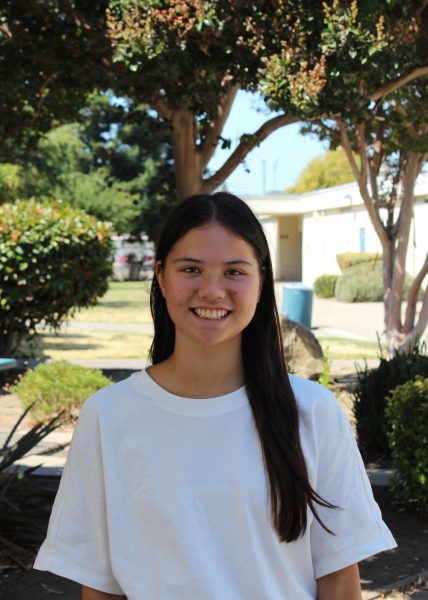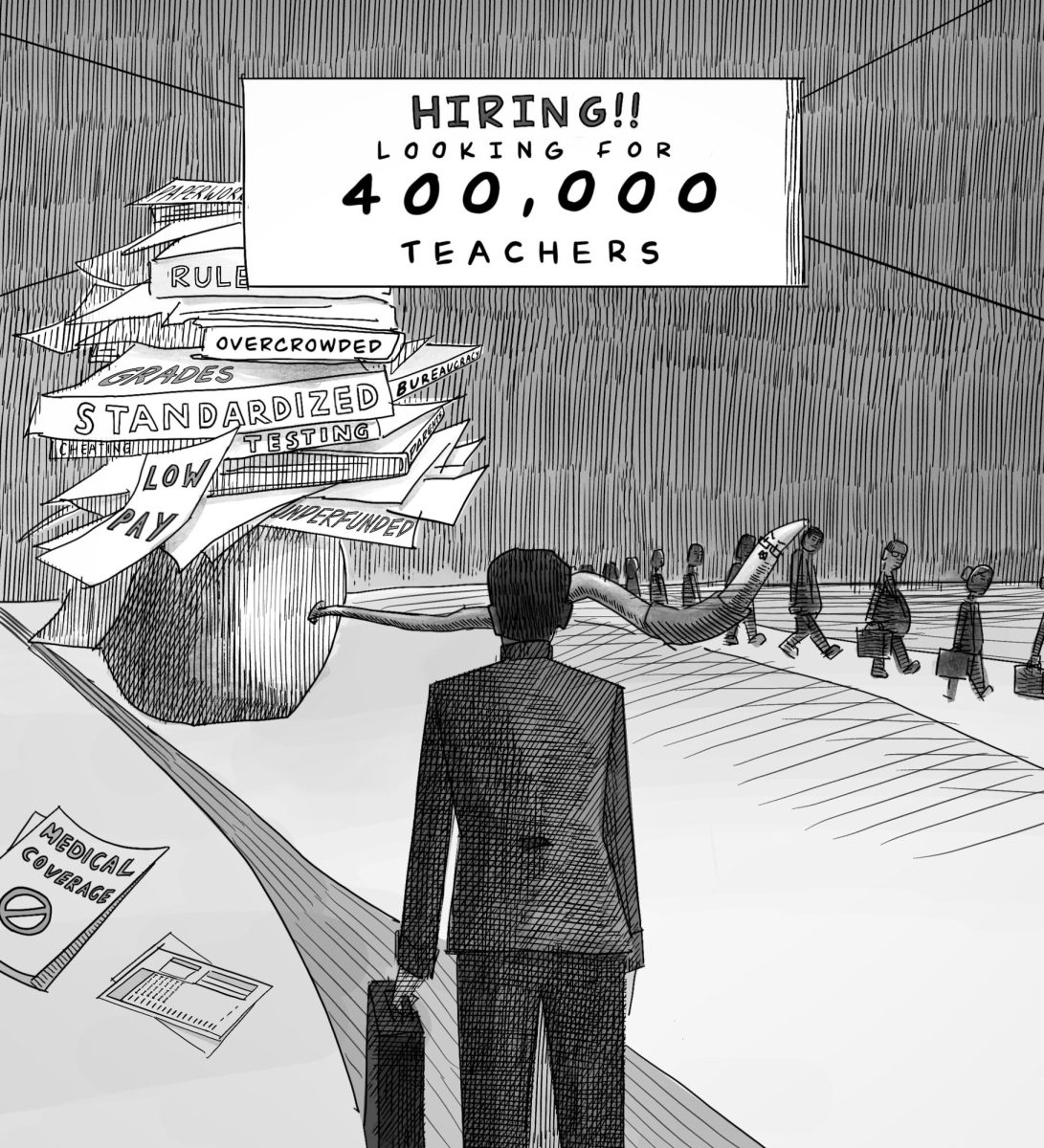In a world of mass consumerism and ever-evolving trends, endless choices and societal expectations can quickly overwhelm us. Minimalism offers a solution: by stripping our lives to only the things that we truly value.
Many people have a convoluted view of minimalism, believing that you have “to give away all of your belongings and renounce all worldly things” to embrace the lifestyle. However, this is not the case. In simpler words (pun intended), minimalism is all about making conscious decisions about how you spend your time, energy, and money. This lifestyle has a multitude of benefits from a smaller carbon footprint, to more financial freedom, to even, health benefits!
One of the major benefits of minimalism is the amount of money that can be saved! A 2019 survey conducted by Ladder and OnePoll revealed that Americans spend approximately $18,000 per year on non-essential items. Numerous entertainment services, eating out regularly, and impulse purchases can quickly add up, especially amid our chaotic lives. Through a minimalistic lifestyle, you only purchase the necessities which may even include buying gifts for your loved ones or on meaningful experiences with your friends. Minimalism doesn’t mean you have to give up chocolate croissants from your favorite cafe; it’s making an educated decision on how to use your money, and asking yourself if you really need to buy that aesthetic notebook or extra pack of pens. When you begin asking yourself these questions, it is the first step to achieving greater financial freedom.
Furthermore, by not buying into the world of fast fashion and our mass consumption-driven society, we can take a small step toward a cleaner planet. According to a study published in the Journal of Industrial Ecology, consumption alone is responsible for 60% of greenhouse gas emissions globally. By making thoughtful, conscious decisions about how we spend our money, and perhaps investing in more sustainable options, we can make a dramatic, positive impact on reversing the effects of climate change.
There is a common saying that the state of your room may represent the state of your mind. A clean, organized room may signify a calm, joyful state of mind while a cluttered, messier room may signify a stressful one. Personally, nothing can beat the feeling of returning home after school and seeing a made bed and cleared off the desk. According to a study conducted by The Clorox Company, 80% of participants reported feeling more relaxed and 72% of participants reported higher productivity when in a cleaner space. These results are not a fluke: In fact, many studies draw a correlation between cleaner homes and less clutter to happier, more focused, less stressed lives.
Many people believe that minimalism is unattainable to people of all socioeconomic backgrounds. Simply put, many think that minimalism is elitist. They say that keeping as little as possible is unattainable for most who hold onto stuff as a just-in-case measure, as they do not have the financial freedom to repurchase things, as needed. However, minimalism is not about getting rid of as many of your belongings as possible, but about finding the perfect in-between of what you need and don’t. Moreover, minimalism doesn’t have to look like those rooms with blank, white walls and only shades of black for decor. In fact, it can look quite bright and lively, as shown in the image above. If you’re hesitant, I say why not try it? It can be as easy as donating a few things every day: that extra spatula that never gets used or the stuffed animal that you rarely look at.
The positive effects of minimalism cannot be denied: a happier environment and a more fulfilling life. Life is too short to waste time, money, or energy on the people or things that don’t matter so take the big step toward a life where less can be much, much more.












